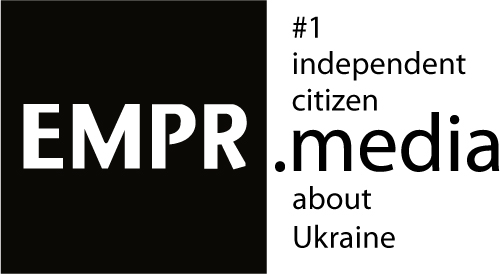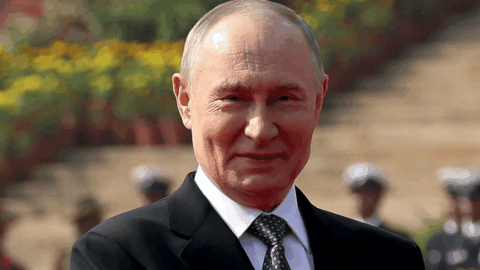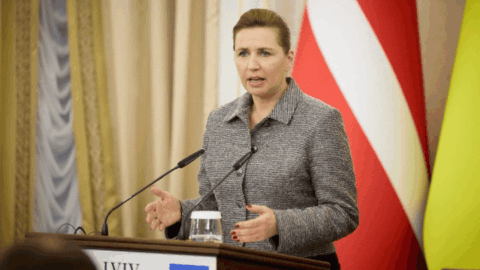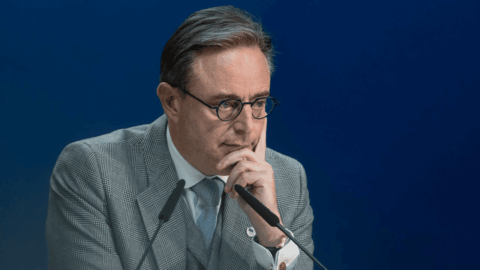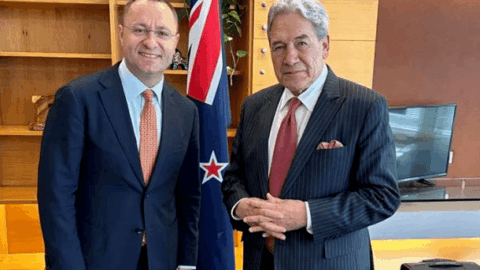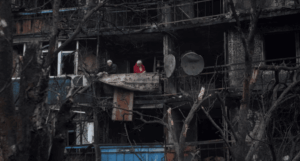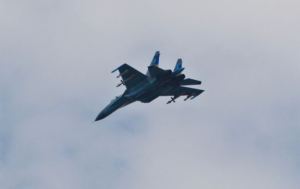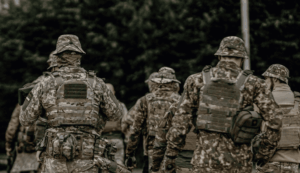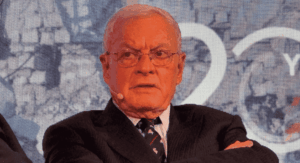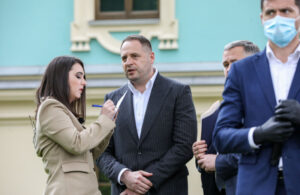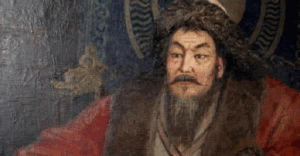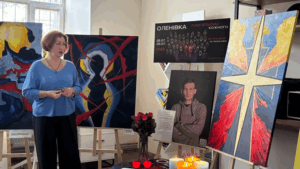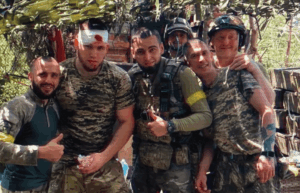U.S. President’s special envoy Steve Witkoff held talks in Moscow with Vladimir Putin just days before the expiration of Donald Trump’s latest ultimatum regarding a ceasefire in Ukraine.
Following the meeting, BBC News and sources from Ukrainian and Western media reported that Donald Trump called Volodymyr Zelenskyy to discuss the outcome of the talks. Zelenskyy later confirmed the conversation himself.
According to him, the call took place while he was returning from Sumy region, where he had been visiting Ukrainian soldiers.
“Our joint position with our partners is absolutely clear: the war must end. And it must end justly. European leaders also joined the conversation, and I’m grateful to each of them for their support. We discussed what had been said in Moscow,” Zelenskyy wrote on Telegram.
“Ukraine will definitely defend its independence. We all need a lasting and reliable peace. Russia must end the war it started. Thank you to everyone who supports Ukraine,” he added.
During the day, Witkoff met with President Vladimir Putin at the Kremlin. According to the Russian president’s press service, the meeting lasted around three hours.
Yuriy Ushakov, aide to the Russian president, said that the discussions focused on the war in Ukraine and the prospects for developing strategic partnership between Russia and the United States.
“From our side, including on the issue of Ukraine, certain signals were conveyed, and corresponding signals were received from President Trump,” Ushakov said, without clarifying what exactly those signals entailed.
Trump later commented on the talks himself, declaring “significant progress.”
“My special envoy Steve Witkoff has just held an extremely productive meeting with Russian President Vladimir Putin. Significant progress was made!” Trump wrote on his social media platform, Truth Social.
“Afterwards, I informed some of our European allies. Everyone agrees that this war must be brought to an end, and we will be working toward that in the coming days and weeks,” he added.
U.S. President’s special envoy Steve Witkoff arrived in Moscow on the morning of August 6.
At Moscow’s Vnukovo airport, Witkoff was met by Kyrylo Dmitriev, economic adviser to President Putin. Russian state television later showed Dmitriev and Witkoff strolling through a landscaped park near the Kremlin walls.
This marks Witkoff’s fifth visit to Moscow this year.
During each of his previous visits, Witkoff held hours-long meetings with Putin, enjoying extraordinary access to the Russian leader—who meets with few Western officials and rarely grants audiences to foreigners who are not heads of state, The New York Times notes.
These meetings helped facilitate prisoner exchanges that led to the release of two Americans imprisoned in Russia and paved the way for phone calls between Putin and Trump.
However, none of them has produced clear signs of progress toward ending the war in Ukraine—one of the top foreign policy priorities of the U.S. President.
Witkoff arrived in Moscow two days before the expiration of Trump’s ultimatum demanding the start of a peace settlement in Ukraine.
What could Moscow offer Witkoff as a compromise? And what might Trump’s next steps be?
What Trump Is Threatening
Although Trump initially seemed to give Putin the benefit of the doubt and blamed Ukrainian President Volodymyr Zelenskyy for prolonging the war, he has recently grown increasingly angry with Putin in his public remarks, The New York Times reports.
More than six months into his presidency- after taking office with the promise to end the war in Ukraine “within 24 hours” – Trump’s patience has run out.
He is now threatening to impose secondary sanctions on Russia this Friday if Putin continues to reject a ceasefire.
Yesterday afternoon, in an interview with U.S. television channel CNBC, the U.S. President also vowed to significantly raise tariffs on imports from India – currently at 25% – within the next 24 hours, citing India’s ongoing purchases of Russian oil.
Unlike previous rounds of sanctions, Trump is now threatening to target countries doing business with Russia, rather than Russia itself.
Having stockpiled vast reserves of gold and cash prior to the invasion, the Kremlin has largely weathered the storm of Western sanctions, shifting its oil and gas sales from Europe to other parts of the world, The Times writes.
“They seem to be avoiding sanctions quite well. You know, they’re crafty characters,” Trump said on Sunday.
His plan involves imposing tariffs on countries that import Russian oil, gas, and uranium.
These countries will be forced to choose: continue selling goods to the U.S. or import oil from Russia.
A bill prepared by the Senate proposes tariffs of 500 percent for these countries, although Trump suggested the tariff might be lower, mentioning a figure of 100 percent.

Jim Risch, the Republican chairman of the Senate Foreign Relations Committee, believes the sanctions would have a devastating effect. “When and if secondary sanctions are applied, it will be a shock and awe,” he told The Times. “Putin has made many mistakes, but this could be the biggest one yet,” the politician added.
The Russian economy depends heavily on oil and gas, which, according to the Oxford Institute for Energy Studies, account for 30% to 50% of the federal budget’s total revenues annually, The Times reports.
Without these revenues, it is hard to imagine how Putin could continue financing the war. Cut off from global bond markets, Putin’s only real option would be to start printing money. Inflation in Russia is already reaching around 10%.
What Russia Might Offer
Since Trump announced his ultimatum, the public rhetoric of Putin and his press secretary Dmitry Peskov has remained unchanged. The Kremlin continues to insist on the “elimination of the root causes of the conflict.”
Moreover, according to three Reuters sources familiar with Kremlin discussions, Putin is skeptical that additional U.S. sanctions will seriously impact Russia’s economy after the numerous economic restrictions already imposed.
The Russian leader does not want to alienate Trump and understands that he may be losing a chance to improve relations with Washington and the West, but his military objectives are more important, two agency sources said.
CNN reports that the Kremlin asked Witkoff to come to Moscow as a last desperate attempt to avoid new sanctions from Trump. Bloomberg described this visit as the last opportunity to reach an agreement with Trump, although expectations for success are low.
One possible proposal from Moscow in these talks could be an air ceasefire – but not a ground one – provided Ukraine agrees to it, a knowledgeable source told the agency.

Such a moratorium would be very “timely” for Russia, notes the economic publication The Bell, especially given the spike in gasoline prices caused by drone attacks on Russian oil refineries.
A possible format for a partial ceasefire was mentioned by President Zelenskyy as early as March. At that time, the proposal involved a ceasefire at sea and in the air.
Similar proposals were previously voiced by French President Emmanuel Macron and British Prime Minister Keir Starmer.
They suggested agreeing to a one-month ceasefire in the air, at sea, and on attacks targeting energy infrastructure. The goal of these measures is to gain more time to de-escalate Russian aggression against Ukraine.
Tags: peace talks Politics Putin trump witkoff world about ukraine zelenskyy